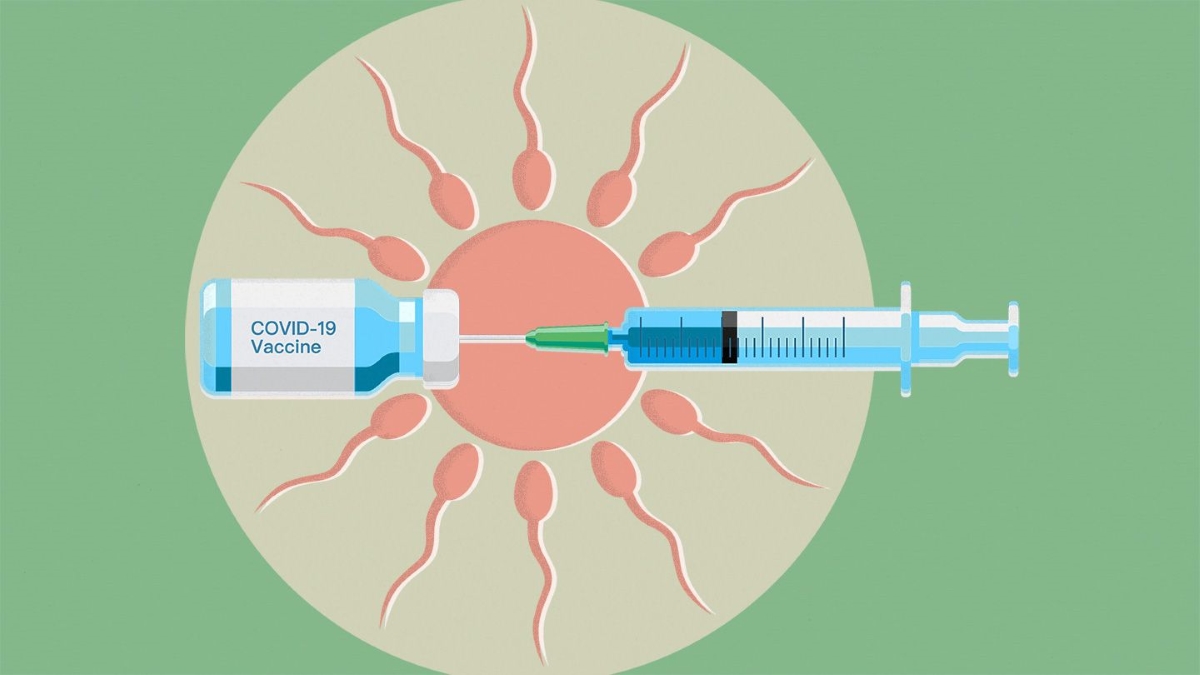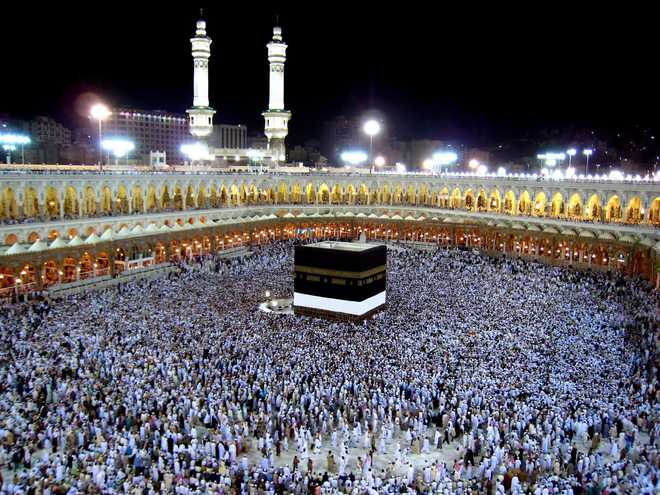In the virtual interview, the National Health Mission Director, Choudhary Mohammad Yasin, tells Tahir Bhat that Jammu and Kashmir spends more than Rs 2500 crore on the health sector

KASHMIR LIFE (KL): How is the NHM different from the Health Services Department and what is the philosophy behind having parallel health services?
CHOUDHARY MOHAMMAD YASIN (CMY): National Health Mission (NHM) works at the overall UT level and the thrust of the Mission is on establishing a fully functional, community-owned, decentralized health care delivery system with inter-sectoral convergence at all levels, to ensure simultaneous action on a wide range of determinants of health such as water, sanitation, education, nutrition, social and gender equality. There is no parallel health system. In fact, the Mission Directorate of NHM works jointly with the Directorates of Health and Family Welfare under the overall control, supervision and Coordination of the Administrative Department, Health and Medical Education, Jammu and Kashmir. NHM supplements and complements the goals of Health and Family Welfare, through financial support, development of infrastructure, development of machinery and equipment, filling the gaps of human resources and providing technical expertise of hospital and healthcare administrators, Management Experts, Financial and IT experts. The Mission also involves various national and international development partners in these endeavours.
KL: The NHM has been at the frontline against the Covid19. But what are the finer details of your operations against the pandemic?
CMY: The NHM Mission Director is the State Nodal Officer for overall Covid19 mitigation and control activities and is responsible for financial and technical aspects ranging from testing, isolation, zoning, community care, facility care management including oxygen supply and intensive care services, teleconsultation and many other things. All the vertical reporting and horizontal/vertical management of Covid19 is looked after by the NHM Jammu and Kashmir. The emergency Covid19 response package budgeting and control rooms at various levels are also managed by the NHM.
The Mission also provides support for Covid19 essential diagnostics and drugs, lab strengthening, ramping up health infrastructure with a focus on paediatric care units, development of intensive care units, IT interventions – Hospital Management Information System and Tele- Consultations and Capacity Building and Training.
KL: Is it a fact that the ASHA workers have contributed immensely to the counter-pandemic measures but are not considered frontline workers? Three ASHA workers actually died because of Covid-19.
CMY: ASHAs and their supervisory carders in Jammu and Kashmir are properly trained professionals, who work under a well-defined carder and hierarchical system. In fact, their services are always required and are important in the execution of any grass-root level implementation of centrally sponsored schemes, Health Department field operations or any disaster situation. They have always done a commendable frontline job in every situation, may it be the 2014 floods or the ongoing Covid-19 pandemic and their role has always been appreciated at all levels.
The three ASHAs who have died during the Covid19 pandemic have been compensated adequately as per their entitlement under Covid19 and NHM benefits concurrently.
KL: The NHM does a lot of surveys and research. What have been the major researches about the health services and issues the people face in Jammu and Kashmir in recent days?
CMY: NHM does actually fund some of the surveys and researches conducted by the Health and Medical Education Department. The latest ones among these are the Seroprevalence studies of Covid19.
KL: What is the overall expenditure on the health sector in Jammu and Kashmir and how much is being spent through NHM and how much through the directorates of health services?
CMY: The heath budget for Jammu and Kashmir through the Directorate of Health Services in Jammu and Kashmir is around Rs 1598.64 crore including Rs 900 crore in Kashmir and Rs 698.64 crore in Jammu.
In fiscal 2020-21, against fund availability of Rs 1001.63 crore, NHM has been able to spend Rs 796.04 crore which means 79 per cent utilisation of the available funds. For the current fiscal (2021-22), NHM has approvals for Rs 1163.40 crore against a resource envelope of Rs Rs 795.83 crore.
KL: What is the total number of health workers in Jammu and Kashmir and what is the percentage of NHM among them?
CMY: A total of 33531 health workers are working in the Health Department of Jammu and Kashmir excluding the Medical Education Department that has 11200 under the Directorate of Health Services, Jammu, and 13321 under Directorate of Health Services, Kashmir and 9010 under Mission Directorate of NHM. That means NHM contributing 26.87 per cent of the employees. Besides, there are 2,713 posts vacant under different schemes of NHM.
KL: What is the state and status of leprosy in Jammu and Kashmir?
CMY: Presently there are 80 active cases across the UT of J&K, 65 active cases in the Jammu Division out of which 21 cases have been detected during the current financial year only and the current prevalence rate in the Jammu Division is 0.08. There are 15 active cases in Kashmir Division and the current provenance is 0.01
KL: Unlike the Directorate of Health Services, the NHM hires and fires. Thousands of people working for the NHM say they lack service rules and benefits like PF.
CMY: This is absolutely denied, but we have to admit the fact that the employees working under NHM are contractual employees and are not regular government employees. However, the Government of Jammu and Kashmir has always taken steps for the benefit of NHM employees, like Provident Fund for all employees whose basic salary is Rs 15,000 per month, the extension of Social Security benefits, timely salary revisions, providing of loyalty benefits and formulation of special leave rules.
KL: The NHM workers say they even lack maternity benefits?
CMY: Again we must admit the fact that the employees working under NHM are contractual employees and are not regular Employees, still the government has framed a special leave policy for NHM employees and maternity leave benefits have also been incorporated under which a pregnant lady is provided six months Maternity leave (three months with pay and three months without pay).
KL: NHM workers say they put in more effort than the permanent staffers because their pay is linked to their performance?
CMY: It is a fact that NHM staff is working very tireless and dedicatedly and the guidelines of the Ministry of Health and Family Welfare, Government of India suggest that there should be a proper performance appraisal system and the same is being implemented in Jammu and Kashmir and there is no fault in that, in fact, same should be applicable to regular Health Department also.
KL: The NHM people say they are at the discretion of the system that usually takes the best of their life and throws them out once they age and at that time they are not in a position to work elsewhere?
CMY: This is absolutely denied; in fact, NHM is bound by its principles and is committed to providing a healthy and cordial atmosphere to its employees to boost their morale. Further, the retiring age of NHM employees is more than that of regular health employees.
KL: Is the government working on a policy for the regularisation of the health workers currently working with the NHM?
CMY: As such, there is no policy of regularisation of the NHM employees, as their service conditions are decided by the Government of India for the entire country uniformly. However, the Government of Jammu and Kashmir framed high-level committees at different levels to redress the grievances of the NHM employees.
KL: Is there a transfer policy in NHM? Some health professionals working with NHM are posted in far-flung areas for a decade?
CMY: There is no transfer policy in NHM as the workforce under NHM is recruited and employed on a need, gap and vacancy basis for particular health institutions so as to supplement and complement the regular Health Department.
KL: Is there any policy in the pipeline that will offer some additional benefits to the NHM workers to alter their socio-economic position?
CMY: During the current financial year, the Ministry of Health and Family Welfare, Government of India has approved the Salary Rationalisation proposal for the employees working under NHM. Further Social Security scheme is also in the pipeline which is the final stages and will be declared very soon.











